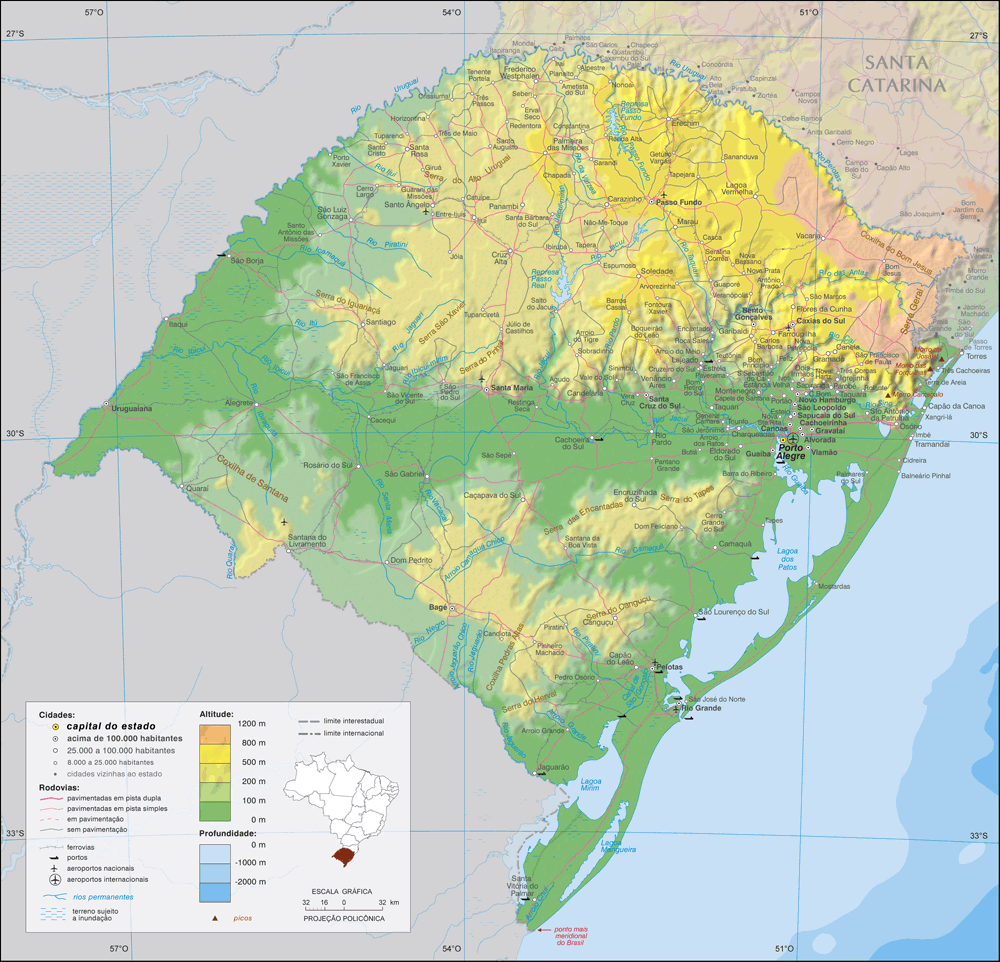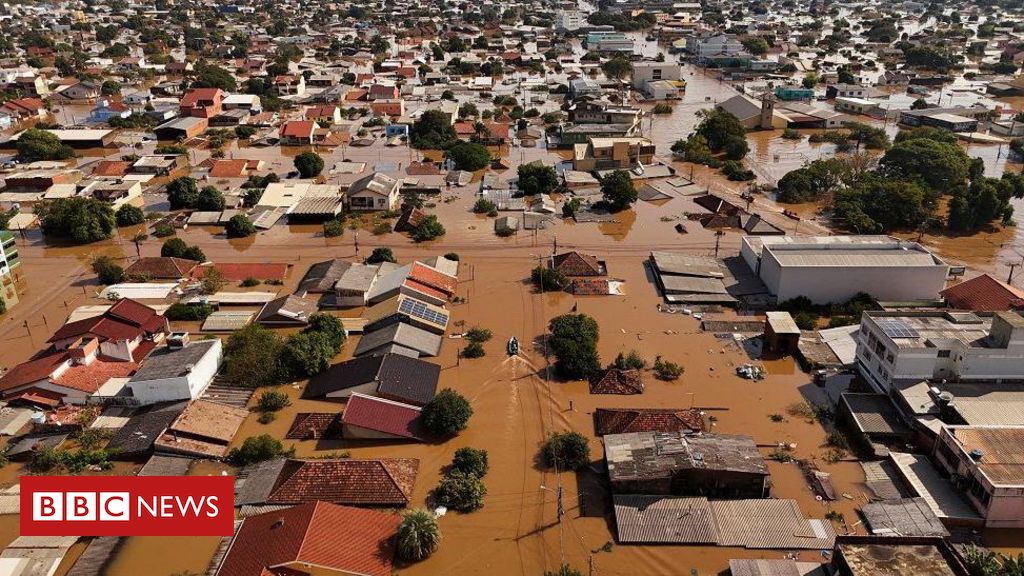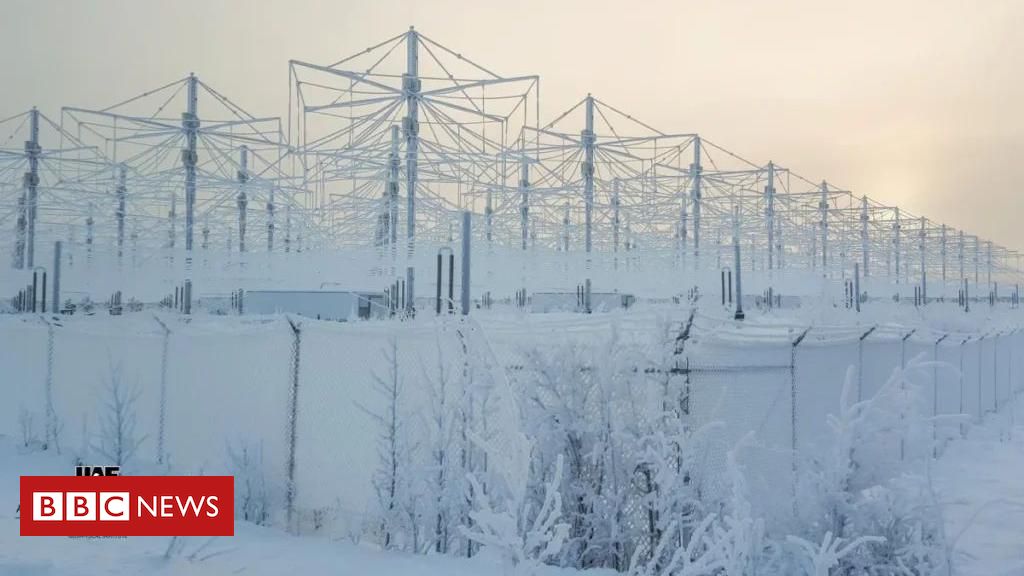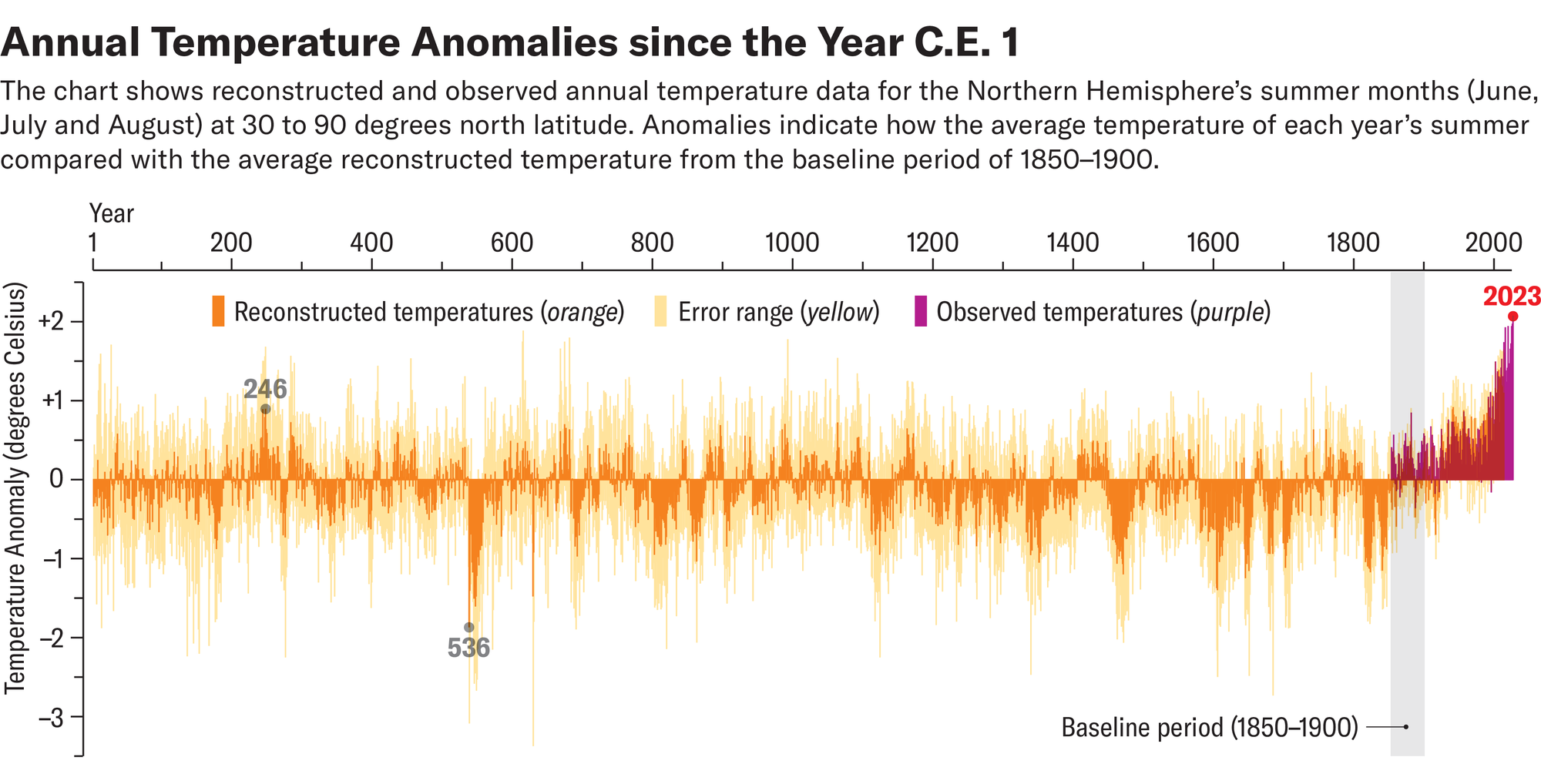Summer 2023 was the hottest in 2,000 years, study says
By
Gloria Dickie
May 14, 20244:03 PM GMT+1Updated an hour ago
LONDON, May 14 (Reuters) - Last summer, as wildfires swept across the Mediterranean, roads buckled in Texas and heatwaves strained power grids in China, it was not just the warmest summer on record, but the hottest one in some 2,000 years, new research has found.
European scientists
last year established that the period from June through August was the warmest in records dating back to 1940 - a clear sign of climate change fueling new extremes.
But the summer heat of 2023 in the Northern Hemisphere also eclipses records over a far longer time horizon, a study in the journal Nature found on Tuesday.
"When you look at the long sweep of history, you can see just how dramatic recent global warming is," said study co-author Jan Esper, a climate scientist at Johannes Gutenberg University in Germany.
Summer 2023 saw land temperatures between 30 and 90 degrees North of latitude reach 2.07 degrees Celsius (3.73 degrees Fahrneheit) higher than pre-industrial averages, the study said.
Scientists used meteorological station records dating back to the mid-1800s combined with tree rings from thousands of trees across nine sites in the Northern Hemisphere, to recreate what annual temperatures looked like in the distant past.
Last summer, they found, was 2.2 C warmer (4 F) than the estimated average temperatures for the years of 1 to 1890, based on these tree ring proxies.
Scientists with the European Union's Copernicus Climate Change Service said in January that 2023 was
"very likely" to have been the warmest in the last 100,000 years.
However, Esper and a team of European scientists have
refuted such claims. They argue the scientific methods of gleaning past climate information from sources such as lake and marine sediments and peat bogs, do not allow to draw out year-by-year comparisons for temperature extremes over such a vast time scale.
"We don't have such data," Esper said. "That was an overstatement."
The warming from rising greenhouse gas emissions caused by the burning of fossil fuels was amplified last summer by an El Nino climate pattern which generally leads to warmer global temperatures, Esper said.
"We end up with longer and more severe heatwaves and extended periods of drought," he said.
 Chapada ou Chapada
Chapada ou Chapada  Não-Me-Toque?
Não-Me-Toque?
 https://clima1.cptec.inpe.br/estacaochuvosa/pt
https://clima1.cptec.inpe.br/estacaochuvosa/pt







